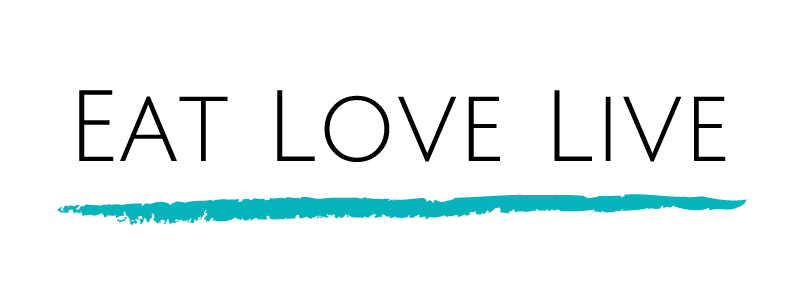You may not get any time off from diabetes, but as Shannon McDonough discusses, you still deserve all the nice things over the holidays ... and everyday.
It might be the holiday season, but those of us living with diabetes know, diabetes never takes time off! Sometimes holidays and celebrations can seem daunting with diabetes in the mix - there can be many extra decisions to make, and additional preparation needed to look after ourselves. Although navigating these times is not always easy, you still deserve to enjoy yourself and enjoy your favourite festive foods.
I don’t know about you, but when I see the old ‘healthy food swaps for diabetes’ article pop up, I’m walking the other way. I don’t believe you need to ‘healthy swap’ your way through any occasion just because you live with diabetes. In fact, I’ve seen first-hand (in myself and others) how this approach can be very unhelpful when it comes to our mental health and overall diabetes management.
Being told we should be swapping/avoiding certain foods, or sticking to certain ‘portion sizes’, can make us less adaptable when life throws us a curve ball - or if we want to travel, or go to celebrations and events. It can also stir-up feelings of guilt and shame when we eat foods we’ve been told are not ‘healthy’ for us, or if we eat more than the ‘recommended portion size’. To top it off, we’ve all experienced eating exactly the same thing two days in a row, and still seeing a completely different post-meal blood glucose level (BGL).
Living with diabetes 24/7 is hard enough, so how about we focus on ways to bring more ease into our daily lives? Along with considering how our next meal or snack (or anything for that matter) might impact our BGLs, let’s not forget to prioritise our mental health and quality of life. With all this in mind, I’m throwing out a few things to consider that might bring some ease to managing diabetes in times when things are a little more unpredictable.
Add over avoid
Rather than avoiding certain foods, what can you add to your plate? You deserve to eat all your favourite foods, and it is possible to also manage your blood glucose levels when you do. To help ease BGL spikes after a carbohydrate rich meal, consider adding fibre/fat/protein to your plate. For example – you could add some mixed berries to that slice of cheesecake, or some more non-starchy veg/salad to your favourite pasta, rice, or potato dish (and no, you don’t have to always choose the low GI version). Of course, it is more than fine if you choose to eat carbs alone for your meal or snack, remember; your body, your diabetes, your way. Work with an Accredited Practising Dietitian to build strategies that foster flexibility around food, rather than feeling you are bound to food rules and restrictions.
Medication adjustments and strategies
For those taking insulin or other diabetes medications, it’s a great idea to chat with your diabetes nurse educator or endocrinologist about what medication adjustments could be helpful at those times when you are eating more/different types of foods. Perhaps your level of movement also changes throughout the holidays? Perhaps your stress levels are different?
Just as it’s natural for our bodies and life circumstances to be changing all the time, it’s natural that our diabetes medication needs can change too! The more you know, the more you will be able to prepare and make adjustments to be more flexible in times when life looks different, or the unexpected happens.
Self-compassion and curiosity
No matter how much we learn, reflect, and grow, diabetes will always be unpredictable at times. As frustrating as I know it can be, it is important to accept we will never have all the answers. Many factors that impact our blood glucose levels are out of our control – we can only do our best, and our best may look different on any given day.
One of the most underestimated tools for managing our diabetes is self-compassion. Not only does having self-compassion benefit overall mental and emotional health, but it makes it easier to try again when things don’t go the way we’d planned or hoped. It helps us to maintain a sense of curiosity rather than judgment when it comes to the numbers we are constantly exposed to. Sometimes what we need the most, is to be gentler with ourselves.
Remember, your life and worth are not based on your blood glucose levels. Sure, paying attention to diabetes is important, but let’s not forget to pay plenty of attention to the other things in life that we value and that bring us joy.
If you feel you need more support when it comes to managing your diabetes, the NDSS helpline is available to provide information, help you find diabetes healthcare professionals and/or peer support groups in your area. Call them on 1800 637 700.

